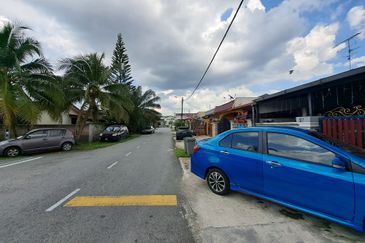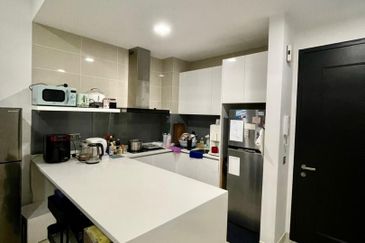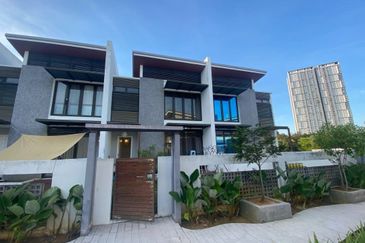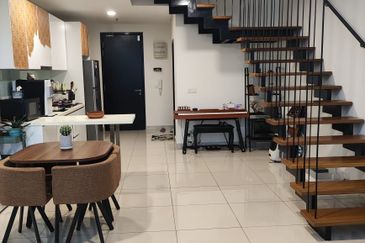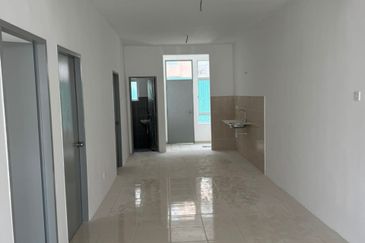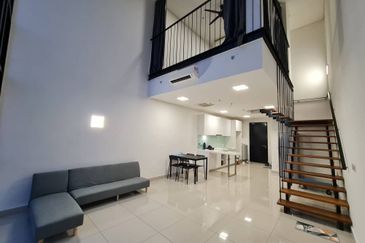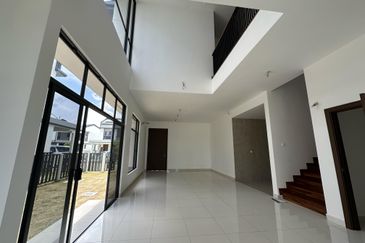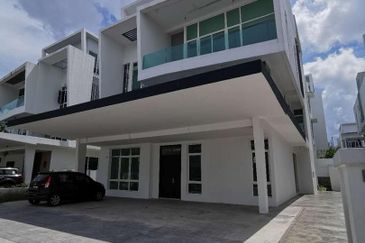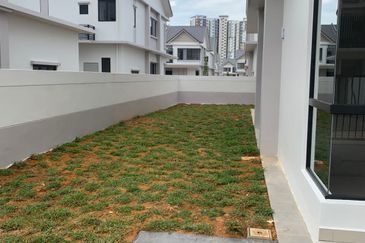KUALA LUMPUR (Aug 29): An expected rise in large infrastructure projects and affordable housing ahead of the general election is likely to further raise the government’s already-huge contingent liabilities, said RAM Rating Services Bhd.
“In the lead-up to the 14th general election (GE14), due by August 2018, construction activity is expected to remain robust [2017 forecast: 6.5%; 2016 actual: 7.9%],” said the rating firm.
“This is chiefly due to government initiatives to roll out large infrastructure projects and increase the supply of affordable housing,” it said in its latest Sovereign Asia Focus report.
The debts incurred for these projects will inflate Putrajaya’s already hefty contingent liabilities, said RAM, noting that government-guaranteed debt stood at 15.2% of gross domestic product (GDP) as at end-2016.
Bank Negara Malaysia’s latest data show debts guaranteed by the government is at RM195.69 billion.
On the country’s inflation, RAM said its pace will accelerate but would still be manageable.
“Higher fuel prices and the effects of a weaker exchange rate are expected to drive inflation up to 3.8% in 2017 [2016: 2.1%]. Notably, the price of transportation fuel jumped 27.3% in the first five months of 2017, in line with the gradual recovery in commodity prices and a weaker ringgit.
“These effects are expected to taper off in the second half of 2017,” RAM said. Hence, “the present pace of inflation will remain manageable and low compared with its peers.”
“As stronger GDP growth indicates a greater probability of demand-pull inflation, there is a higher possibility of a 25 basis points hike in the central bank’s overnight policy rate towards the end of this year.”
RAM said the acceleration in Malaysia’s exports — amid the recovery in global demand and commodity prices — had fuelled economic activity in the first quarter of 2017, with an expansion of 5.6% [4Q16: 4.5%]. “This, and a corresponding increase in investments, had led to a revision of RAM Rating’s GDP growth forecast to 5.2% for 2017, from our previous projection of 4.5%.”
On capital flows, RAM has observed a normalisation in investors’ risk appetite, which had deteriorated following some changes in the foreign exchange administration rules in late-2016 — with a recent revival in capital inflows.
This, it noted, has also been in line with increased flexibility of some of these amended rules, most of which took place in April.
“This rebound will support the external position, which had previously been stressed by low commodity prices,” it added.
Meanwhile, in a media statement issued together with the report, RAM said it envisages steady growth momentum for the 10 Asean countries, China, India, Japan and South Korea, following a strong start in 2017.
“Currently, all the countries in our Asian sovereign portfolio have a stable outlook, except India which carries a positive outlook,” it said, adding that downside risks remain.
“Asia’s dependence on trade with and investments from China renders the latter a still-significant contagion credit risk for the region,” observes Esther Lai, RAM head of sovereign ratings.
RAM noted that the export-oriented economies of Japan, South Korea, Singapore, Malaysia, Thailand and Vietnam are riding on a cyclical rebound in electronics and firmer commodity prices.
“Growing US trade protectionism, rising geopolitical risks and security threats as well as the risk of capital outflows that will inflate financing costs are also factors that we are monitoring closely,” said Lai.
This article first appeared in The Edge Financial Daily, on Aug 29, 2017.
For more stories, download TheEdgeProperty.com pullout here for free.
TOP PICKS BY EDGEPROP

LakeFront Residence Cyberjaya
Cyberjaya, Selangor

Setia Marina 2, Setia Eco Glades
Cyberjaya, Selangor

Isle of Kamares, Setia Eco Glades
Cyberjaya, Selangor

Reef Of Tropics, Setia Eco Glades
Cyberjaya, Selangor
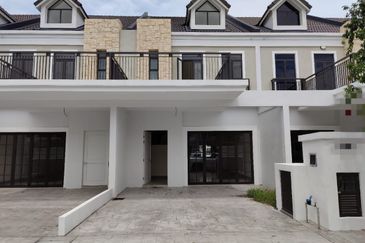
Monet Springtime @ Sunsuria City
Dengkil, Selangor
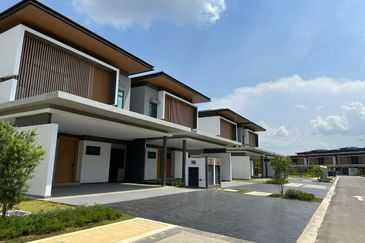
Setia Marina 3, Setia Eco Glades
Cyberjaya, Selangor


